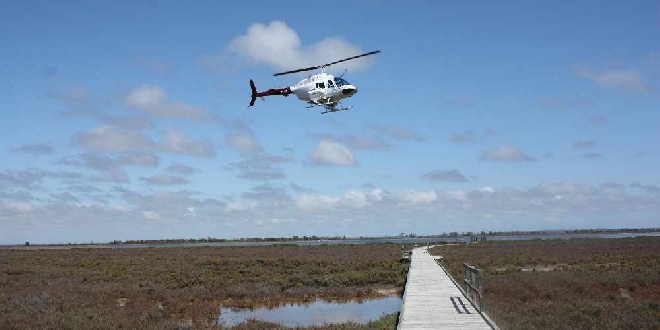
Aerial mosquito treatments have started in the City of Mandurah in a bid to reduce winter larvae numbers.
The City of Mandurah's Chief Executive Officer Mark Newman said with the start of spring just around the corner, more people will be spending time outdoors, coinciding with an increase in mosquito activity.
"As the weather warms up people tend to spend more time outdoors, so it's important that we remember to protect ourselves and our families and not to rely on mosquito reduction efforts alone.”
Aerial treatments will continue for the remainder of the 2018/19 season.
To minimise the risk of mosquito bites and the risk of disease, people should:
- use personal insect repellent containing DEET or Picaridin;
- cover up by wearing long, loose fitting clothing, avoid wearing dark colours;
- ensure infants and children are adequately protected against mosquito bites, preferably with suitable clothing, bed nets or other forms of insect screening;
- avoid outdoor exposure particularly during peak mosquito activity times, at dawn and dusk;
- ensure screen doors and windows are secured properly;
- empty or cover any standing water around the home or holiday accommodation to reduce mosquito breeding;
- use pesticide barrier sprays around the home garden that provide ongoing relief from mosquitoes; and
- use mosquito nets or mosquito-proof tents when camping or sleeping outdoors.
For more information visit www.mandurah.wa.gov.au.



 Scorching Christmas temperatures for Perth, Rockingham, Mandurah
Scorching Christmas temperatures for Perth, Rockingham, Mandurah
 Teen charged over Baldivis arson attack
Teen charged over Baldivis arson attack
 Concerns for missing boy last seen in Warnbro
Concerns for missing boy last seen in Warnbro
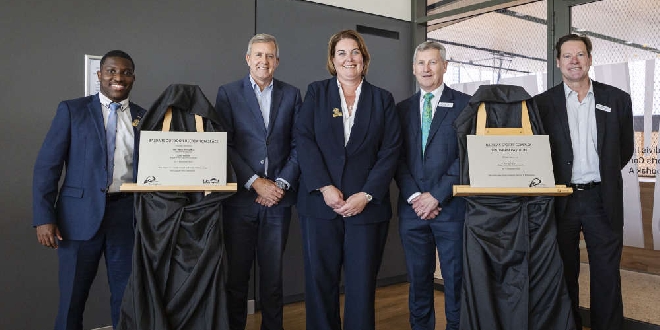 Baldivis Sports Complex officially complete with unveiling of final stage
Baldivis Sports Complex officially complete with unveiling of final stage
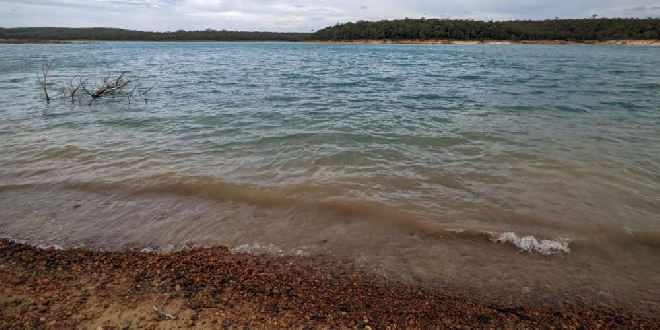 Teen dies at Logue Brook Dam
Teen dies at Logue Brook Dam
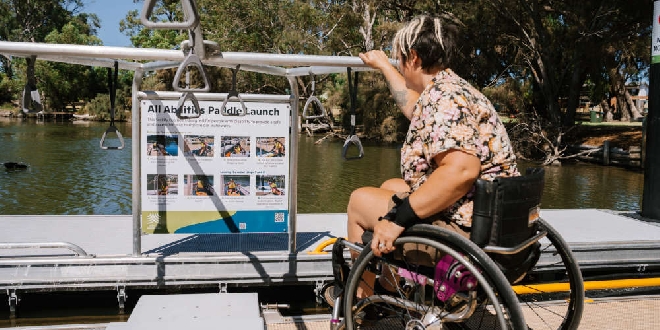 Mandurah named WA’s Most Accessible Community
Mandurah named WA’s Most Accessible Community
 Police attend separate crashes in Lakelands and Port Kennedy
Police attend separate crashes in Lakelands and Port Kennedy
 Fresh new look for Roger May Machinery Museum
Fresh new look for Roger May Machinery Museum
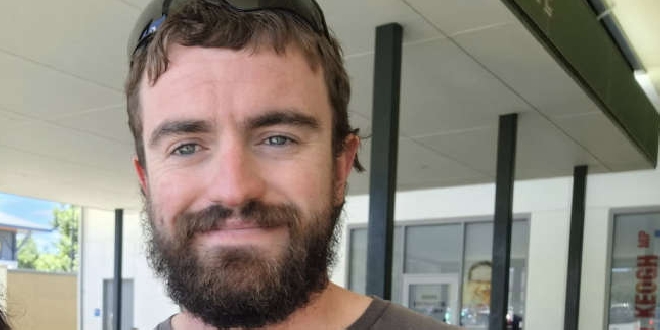 Tragic end to search of missing FIFO worker
Tragic end to search of missing FIFO worker